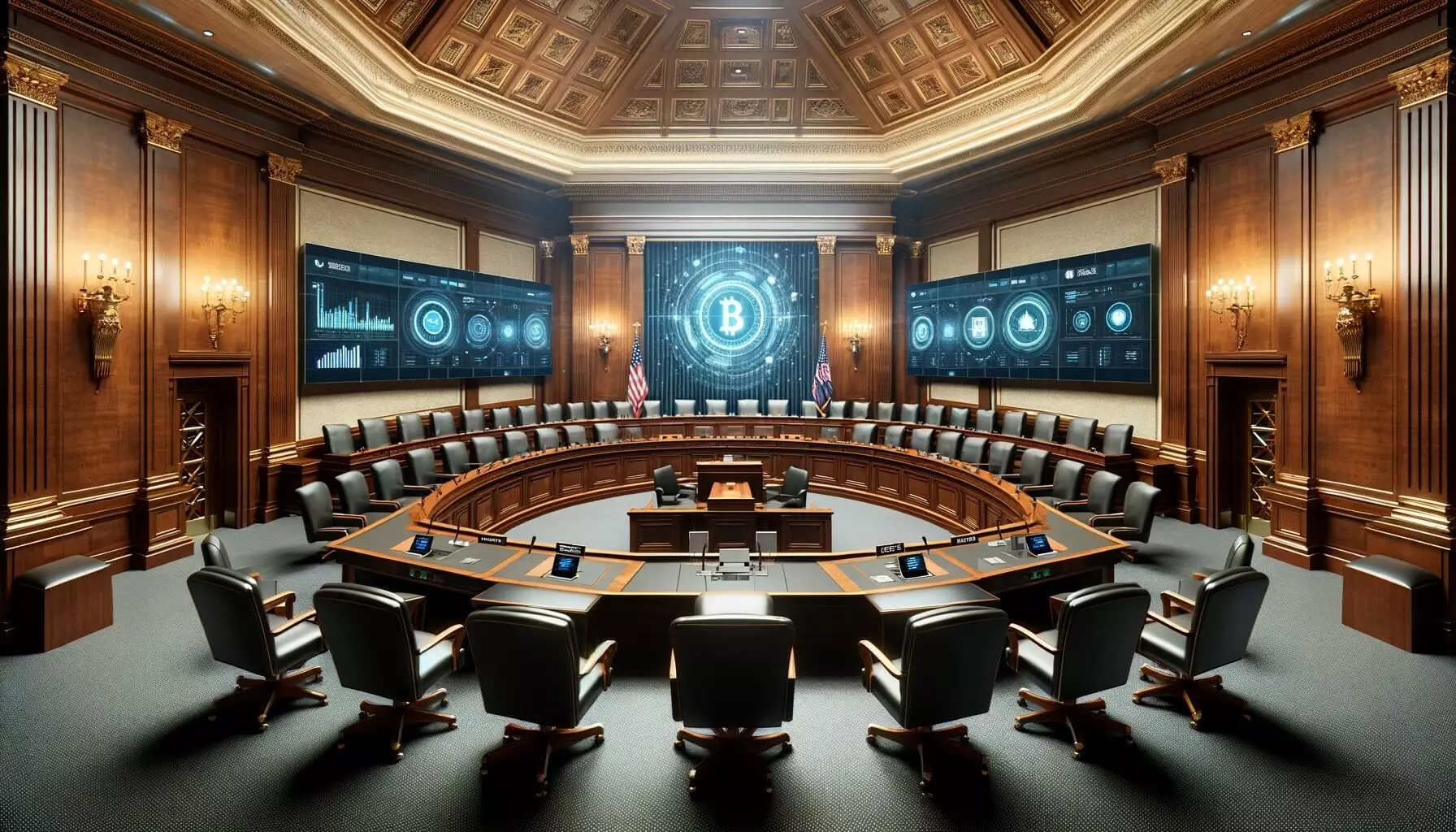The recent attempt by the US House of Representatives to overrule President Joe Biden’s veto and rescind SEC Staff Accounting Bulletin (SAB) 121 fell short due to insufficient votes. Despite 228 House members voting in favor of HJ Res. 109 to end SAB 121, the outcome did not meet the two-thirds vote threshold required to counter the presidential veto. This highlights a significant divide within the House on the issue of SAB 121.
It is interesting to note that several Democrats changed their stance on SAB 121 since an earlier vote in May. Dean Phillips, Mikie Sherrill, and Marc Veasey shifted their votes to oppose the resolution, while Jonathan Jackson, Ro Khanna, Tom Suozzi, and Shri Thanedar changed their votes in favor of rescinding SAB 121. This political maneuvering demonstrates the complexity of the issue and the varying opinions within the Democratic party.
Criticism of SAB 121
Representative Mike Flood, who originally introduced the resolution, criticized SAB 121 as a “bad regulation” that restricts banks from participating in digital asset custody. He argued that the SEC has overstepped its authority in defining bank custody policy, stifling innovation in the digital financial sector. Flood’s comments highlight the importance of regulatory clarity and the potential impact of SAB 121 on the banking industry.
Response to Biden’s Veto
House Financial Services Committee Chairman Patrick McHenry condemned President Biden’s veto, accusing the administration of siding with “power-hungry bureaucrats” over the American people. This strong rebuke underscores the frustration within the House over the failed attempt to overturn SAB 121. The criticism of the Biden administration’s decision adds a layer of political tension to the situation.
The Blockchain Association and the American Banking Association have both expressed opposition to SAB 121, citing its negative impact on the banking industry. The Blockchain Association plans to explore avenues in Congress and the courts to eliminate SAB 121’s restrictions, while the American Banking Association raised concerns about the regulation’s limitations on bank adoption of Bitcoin ETFs and tokenization. These industry responses reflect the widespread discontent with SAB 121 within the financial sector.
The House’s failure to overturn SAB 121 reveals the deep divisions and complexities surrounding the regulation. The changing votes, criticism of the regulation, response to Biden’s veto, and industry opposition all contribute to a multifaceted and contentious debate. Moving forward, it will be crucial for lawmakers to address these issues and find a resolution that balances regulatory oversight with innovation in the digital financial space.
















Leave a Reply